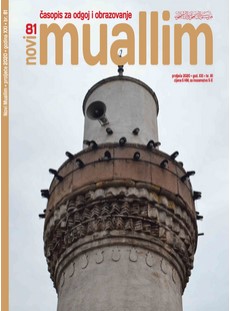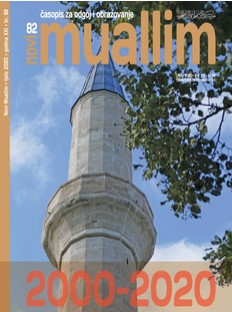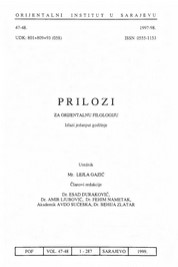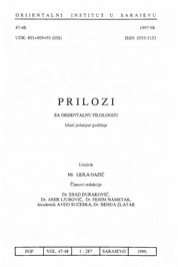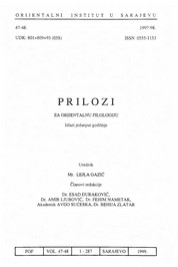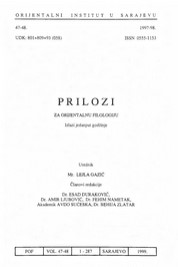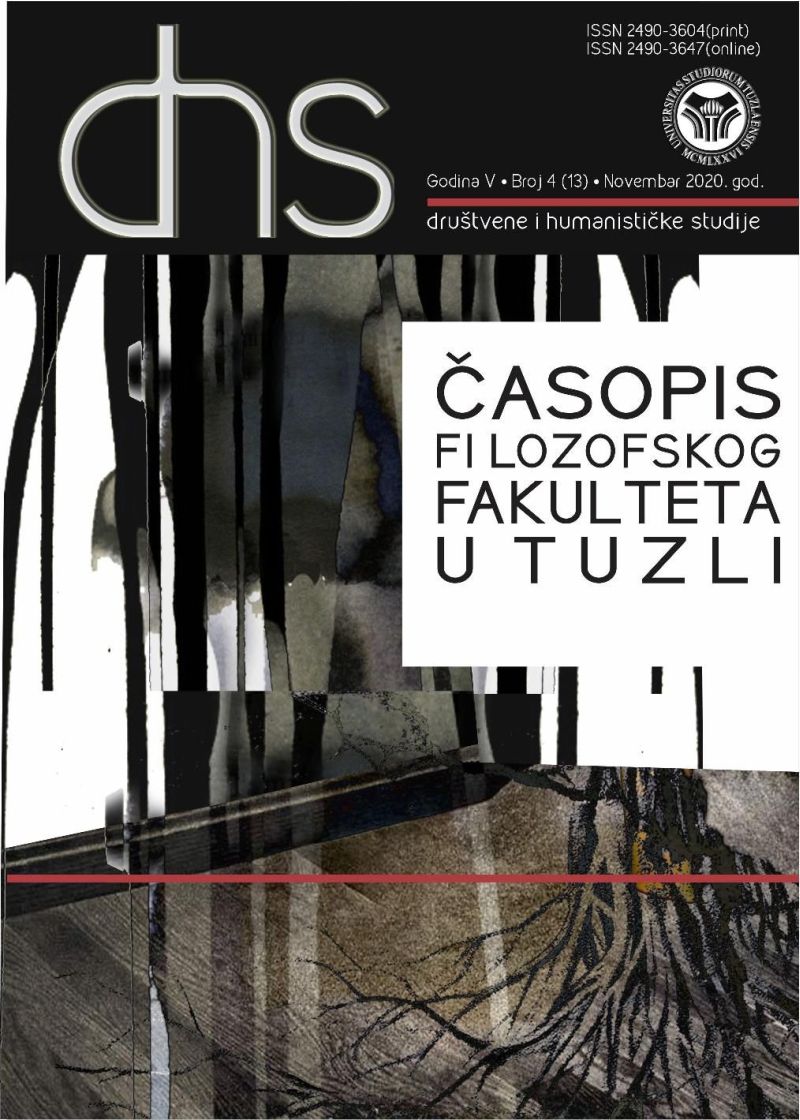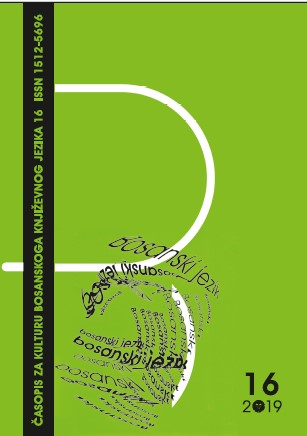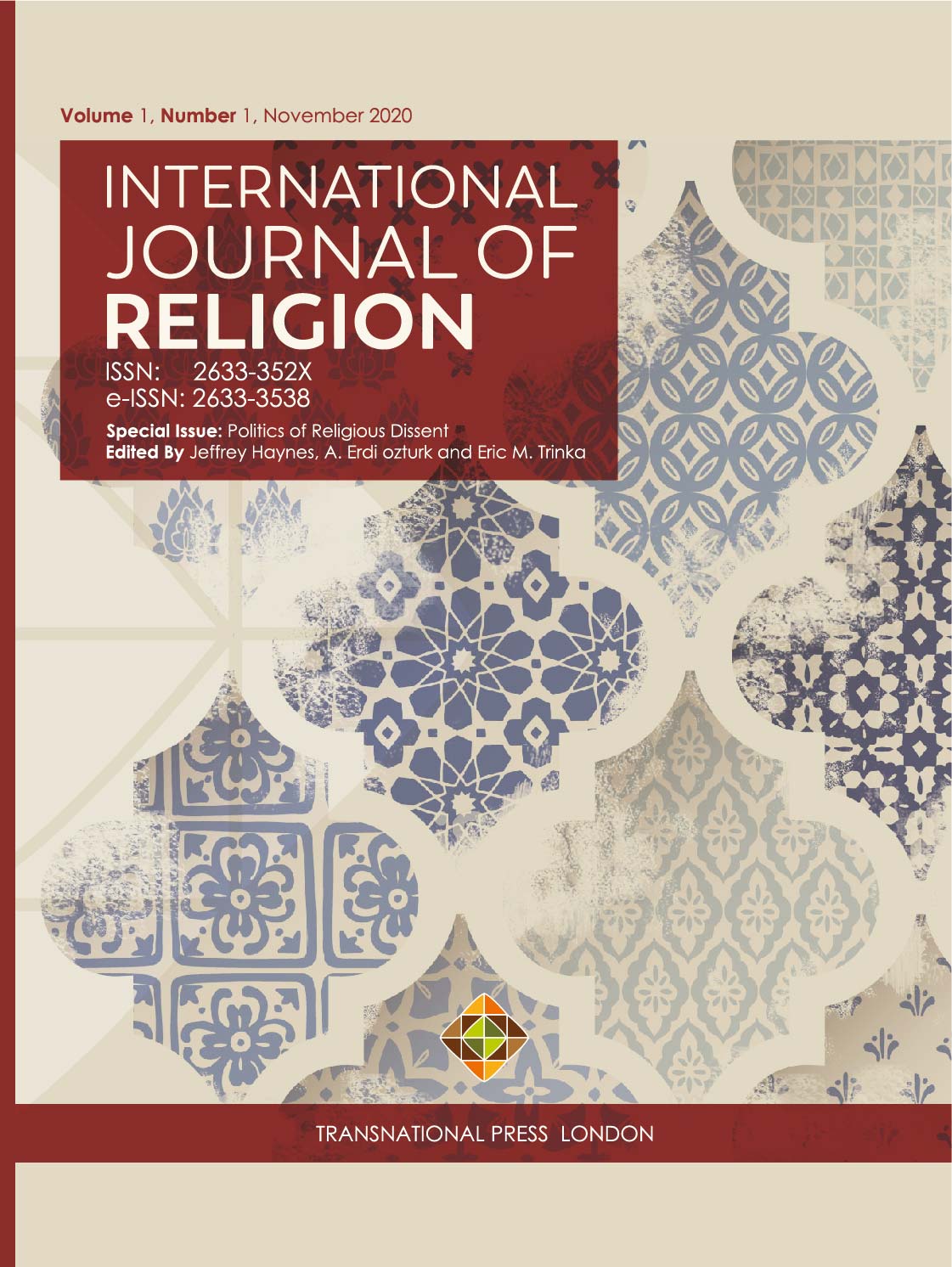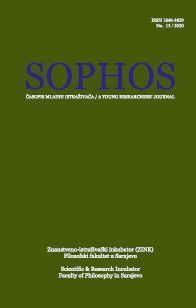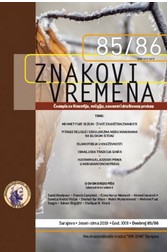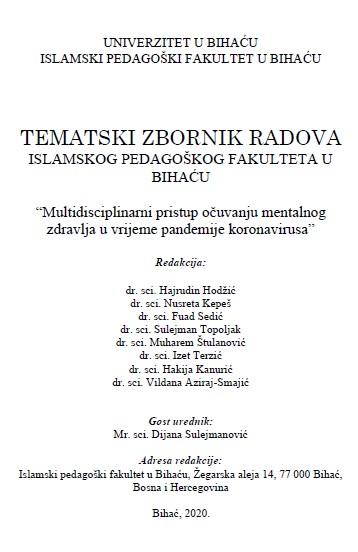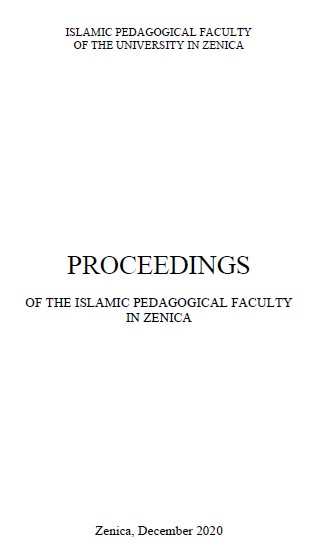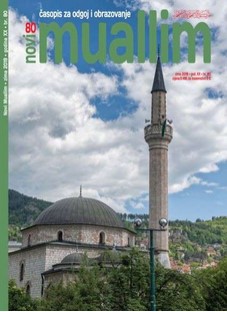
REFLEKSIJE O RAZUĐENOSTI DJELA ‘ĀLIMA I PROFESORA KASIMA HADŽIĆA
This article offers some aptly suited reflections upon biography and bibliography of Kasim Hadžić (1917-1990), distinguished professor of the Gazi Husrevbey’s madrasah. Of all the teachers of this renowned school, during the decades of sixties, seventies and eighties in the 20th century, Kasim Hadžić stands out with his teaching activities and his written work which is distinctively versatile, voluminous and significant. He wrote on topics of aqaid and theological issues of Islam, on history of Islam, as well as histories of Bosnia, Sanjak and the Balkans. Amongst his written work is a book on his contemporaries: ‘ālims, imams, some enthusiasts in the work of the Islamic Community and those who endeavoured in preserving the Islamic culture. His numerous essays and articles about various topics of the Qur’an are also memorable. He keenly observed the life at Gazi Husrevbay’s Madrasah, its teaching process as well as its extracurricular activities. He wrote about its students, teachers and the school’s events. This particular aspect of his engagement distinguishes him as the most significant chronologist of the Gazi Husrevbay’s Madrasah during the period of 1969-1990.
More...
